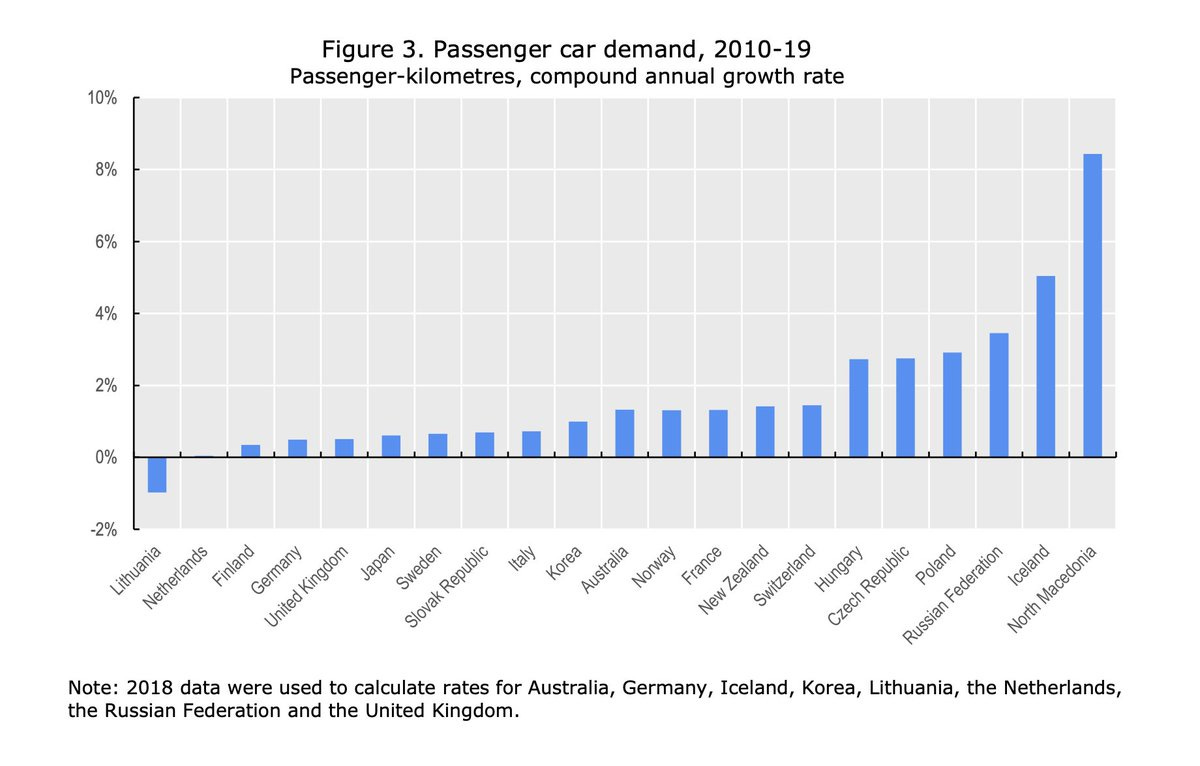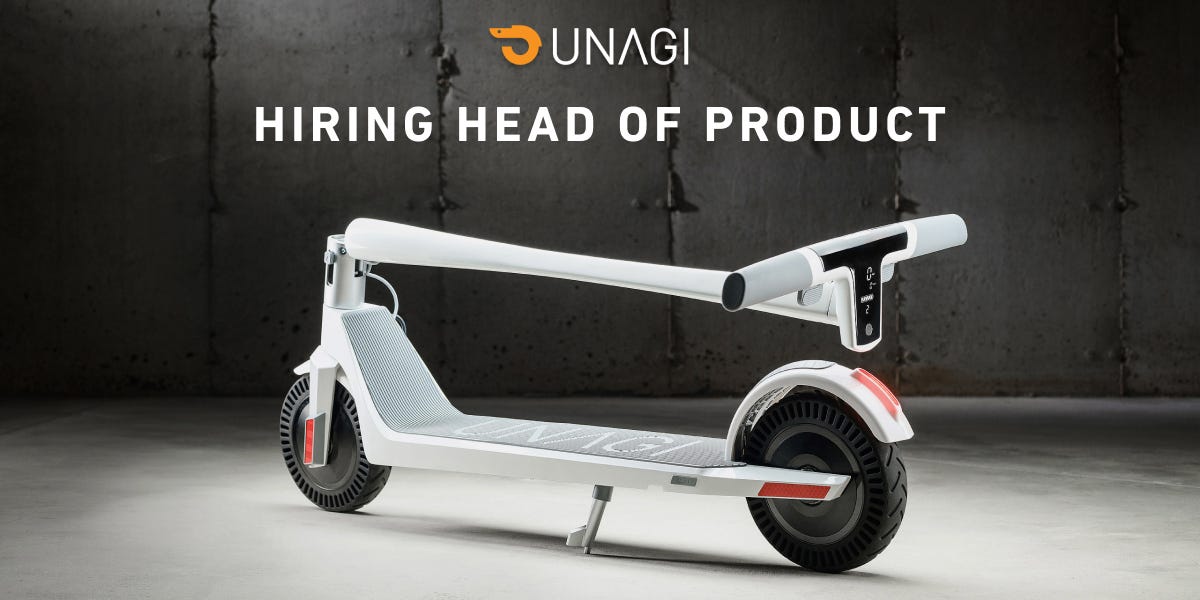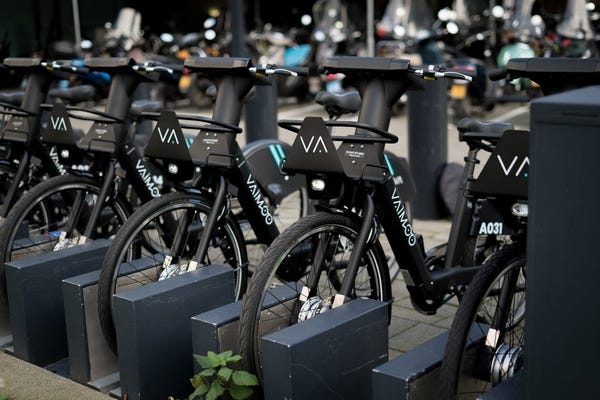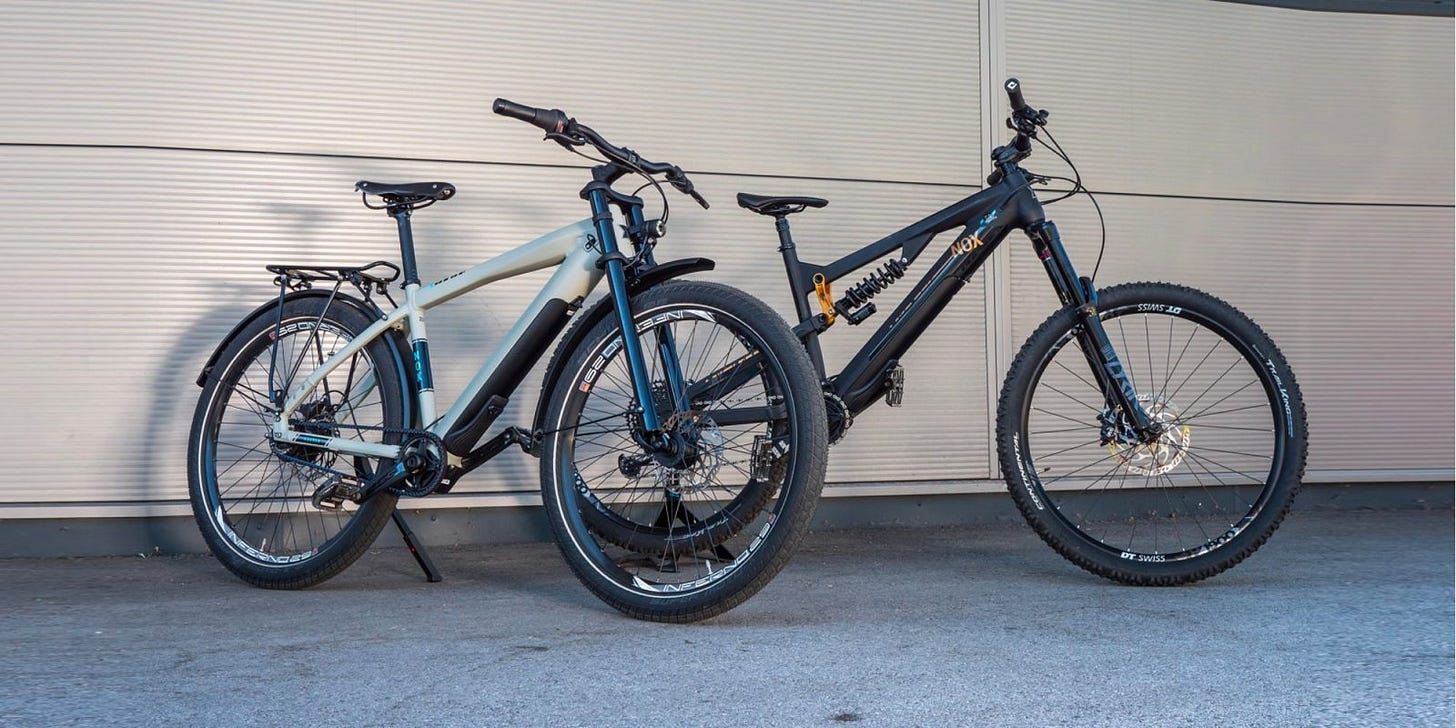What if Apple Car isn’t actually a car?
Plus, a superapp war is brewing in Southeast Asia, the bike boom may have been overblown, and a deck drought hits skateboarders.
Hello and welcome to the Micromobility Newsletter, a weekly missive about mobility, mostly mobility in cities that is enabled by small electric vehicles. The reason you’re reading this email is that you signed up on our website or came to one of our webinars or events.
If you’re not a subscriber and you want to keep getting the latest news and analysis from inside the micromobility movement delivered straight to your inbox every Tuesday, sign up here for free. If you’d like to unsubscribe, just click that link.
Thank you for reading.
Quick thing: Our first big digital gathering of 2021, Micromobility World (Jan 27-29), is ~2 weeks away. Don’t forget to sign up while free General Admission tickets last!
Micromobility needs connectivity. Quickly unlocking or immobilizing a vehicle is critical and must work. What’s next? As a technology provider, INVERS believes the digital transformation of mobility is just beginning. INVERS’ technology lays the groundwork for operators by developing and reliably maintaining the building blocks of their tech stack. Operators can then be free to innovate by leveraging untapped vehicle data in new, unexpected ways to improve operations and customer experience.
Click here to discover what future-proof telematics looks like.
What you need to know this week
In a new article, Horace Dediu questions whether Apple is really interested in making cars, or something else: “Apple has always been positioned as ‘the bicycle for the mind.’ The important observation is then why Apple has *not* been ‘a car for the mind.’”
Chinese search giant Baidu plans to make electric vehicles with help from Geely, the country’s largest private automaker.
Is the bike boom overblown? The US is estimated to have imported 17 million bikes last year, about the same as it did in 2018. One possible explanation is that, even as Covid-19 drove huge numbers of people to biking, it also crippled global supply chains, making it difficult for retailers to meet the demand.
Following WeChat’s playbook, the two biggest mobility services in Southeast Asia are expanding into all-in-one platforms for finance, delivery, shopping, and more. Uber rival Grab announced it raised $300M for its fintech unit last week, while ride-hail app Gojek is in merger talks with Indonesia’s top ecommerce firm, Tokopedia.
Despite Europe’s reputation for being tough on cars, driving increased in almost every corner of the continent between 2010-2019.
A new study shows that, in the years after Uber arrives in a city, per-capita car purchases increase .07% on average.
Investors remain bullish on Niu after the Chinese electric moped firm’s banner 2020. Shares of Niu surged nearly 16% on Thursday after the company reported a fourth quarter sales bump of 41% year-over-year.
Related: The case for why the government should buy every American an electric moped.
It’s not just bikes that were hard to get ahold of last year. Skateboard decks were also in short supply.
Unagi has created its own solo category, distinguishing on design and brand with a best-in-class scooter. With 450% YoY growth and now pioneering the subscription space and expanding product lines, Unagi is seeking to hire one of the most influential roles in the company from within the micromobility sector. Learn more here.
Paris has agreed to turn much of the Champs de Elyses into a pedestrianized greenway, getting rid of half of the space currently reserved for cars.
Swapfiets is partnering with Sixt to offer bike subscriptions and car subscriptions as a bundle.
Joyride received a grant from the government of Ontario to develop a next generation scooter-docking system.
In a new interview with Loup’s Gene Munster, Horace Dediu sums up the bear argument against Tesla in four devastating words: “Tesla is like Blackberry.” (If you want to see Gene and Horace delve deeper into the future of the auto industry, they’ll be chatting live on Jan. 29th at 12PM Pacific at Micromobility World. VIP only.)
Move over 15-minute cities. The hottest new idea in urban planning is the 1-minute city from Sweden. “Called Street Moves, the initiative allows local communities to become co-architects of their own streets’ layouts. Via workshops and consultations, residents can control how much street space is used for parking, or for other public uses. It’s already rolled out experimentally at four sites in Stockholm, with three more cities about to join up. The ultimate goal is hugely ambitious: a rethink and makeover of every street in the country over this decade.”
Ford applied for a patent for a docked bike-sharing system that visually indicates the availability of bikes to users as they approach the station.
Segway launched its first shared electric bike, the Ninebot Urban A200.
Bird is integrating facial recognition software from Israel’s AU10TIX into its app to prevent underage riding.
Voi is targeting longer trips in the all-important UK market with the launch of a shared ebike fleet from Vaimoo.
Energy conglomerate Acciona has reached a deal to buy Silence, Spain’s largest manufacturer of electric mopeds.
Electric motorbike firm Cake is partnering with connectivity provider Comodule to offer its users theft protection and more.
Will our pandemic-era travel patterns continue after quarantine is over? Maybe. Data from London shows that the proportion of trips made by walking and/or cycling increased when lockdown started last spring then remained elevated after restrictions eased in the fall.
German manufacturer Nox is selling a package of two electric bicycles—one for trails and one for commuting—with a single shared motor and battery. It’s an interesting model, one that hints at a future in which personal mobility could rely on owning swappable batteries, not vehicles.
If the ebiking craze is going to be kept alive in 2021, secure parking is a must. Very few people are going to be interested in buying a $2,000 electric bicycle if all it takes to steal one is a pair of bolt cutters.
Another approach to fighting theft: France just made bike marking mandatory.
Dutch subscription e-cargo bike firm Dockr has raised $3.6M in a fresh round led by Ponooc.
Point: Parking in New York City is a nightmare and all the people who bought cars during quarantine are making it worse.
Counterpoint: Parking in New York City (and places like it) should suck.
Pod people
On the first podcast episode of 2021, Oliver Bruce explores Trucks VC’s new analysis of critical trends in micromobility supply chains, distribution, and maintenance with investor Puneeth Meruva.
“We believe the most compelling company in micromobility will be the one that integrates along all three axes.”
P.S. As an exclusive bonus, Puneeth Meruva and Reilly Brennan will present more about their research on how LEVs are developing into consumer electronic products—and business opportunities therein—Jan. 27th at 12PM Pacific at Micromobility World. VIP only.
Jobs to be done
Welcome to our jobs board, where every week we post open positions in hopes of connecting our readers with professional opportunities in the burgeoning world of new mobility. Find out who’s hiring below and sign up for the newsletter to view fresh listings every week. Hit reply if you have a job that you’re interested in listing.
Firmware Engineer @ Acton (remote US/Canada)
Sales Expert and Mechanic Technician @ Cowboy (Berlin)
IoT Team Lead and IoT Product Owner @ PBSC (Montreal)
Senior Backend Developer @ Taur (London)
Head of Product @ Unagi (Bay Area)
B2B Growth Marketer @ Zoov (Paris)









